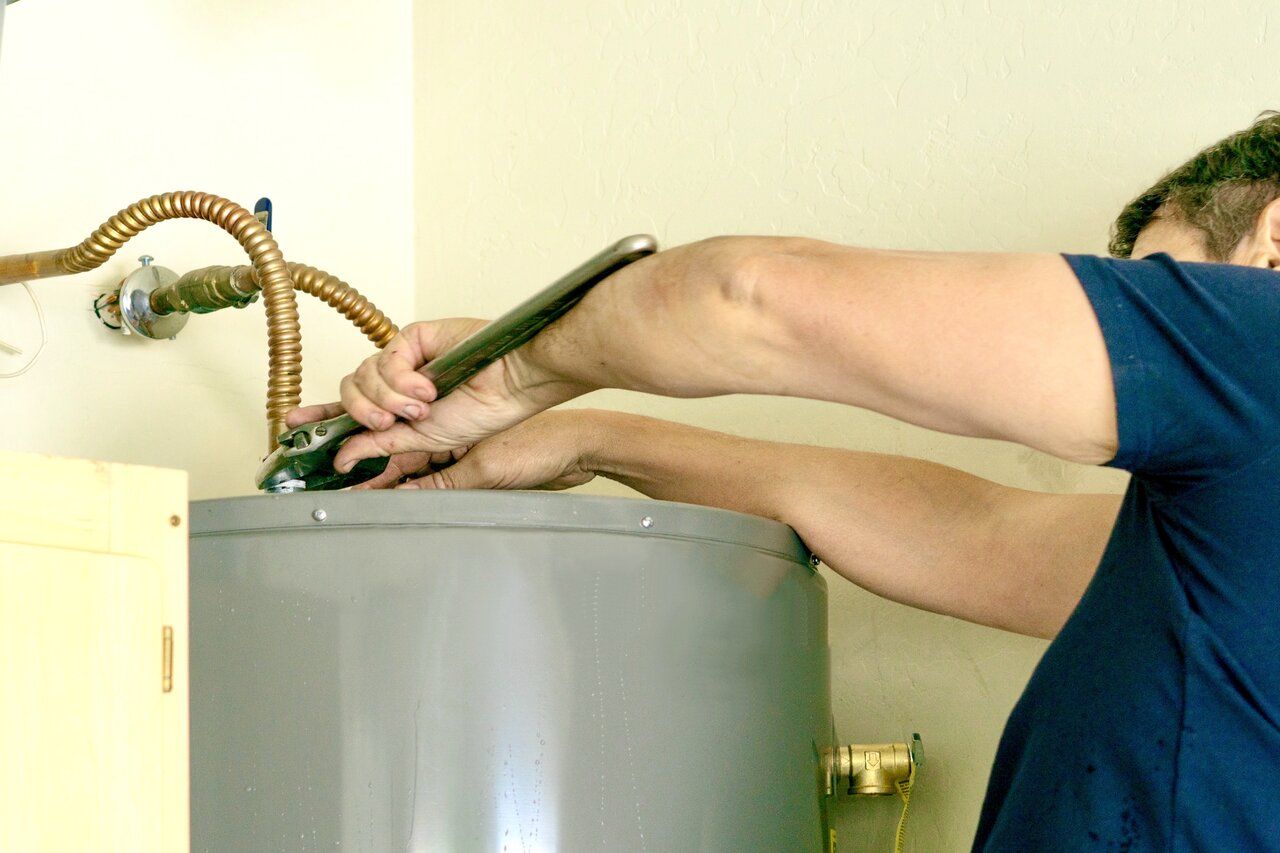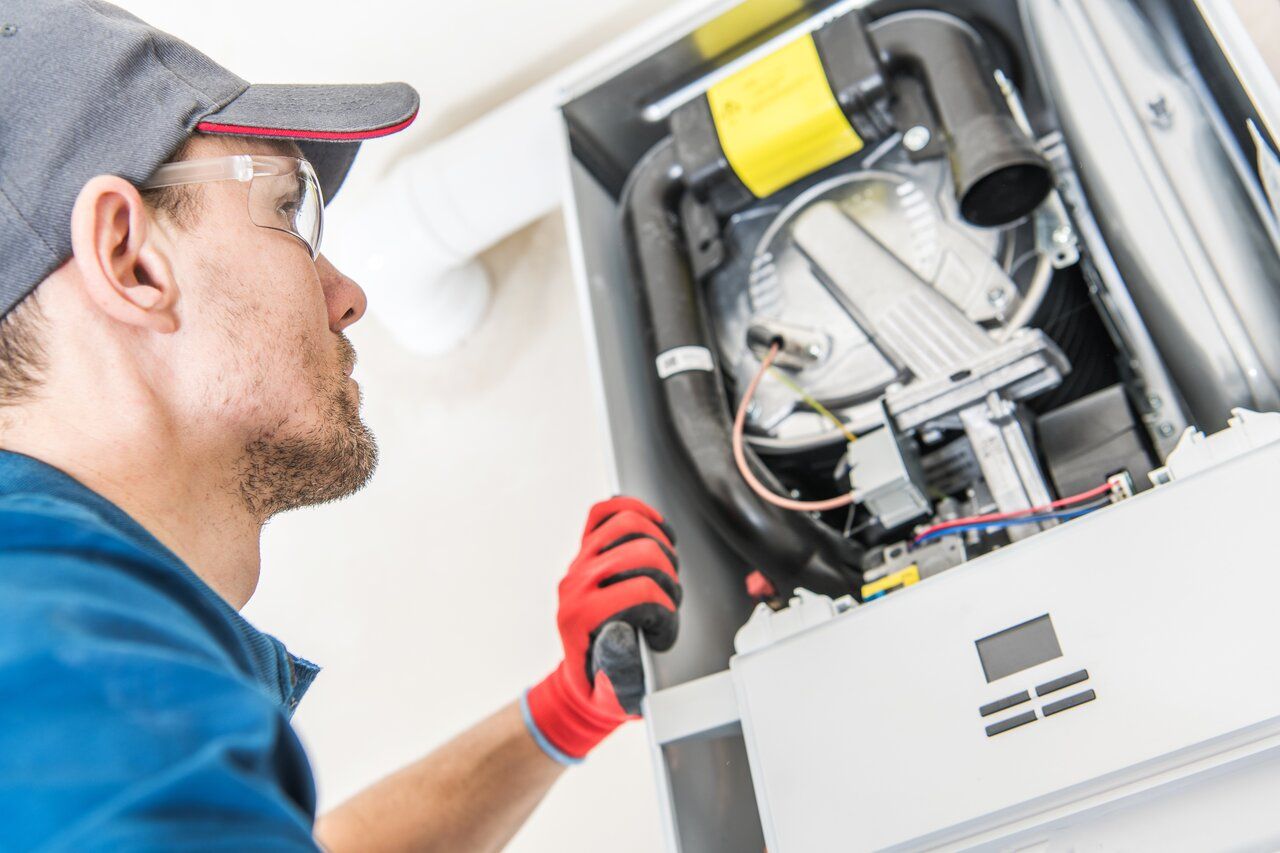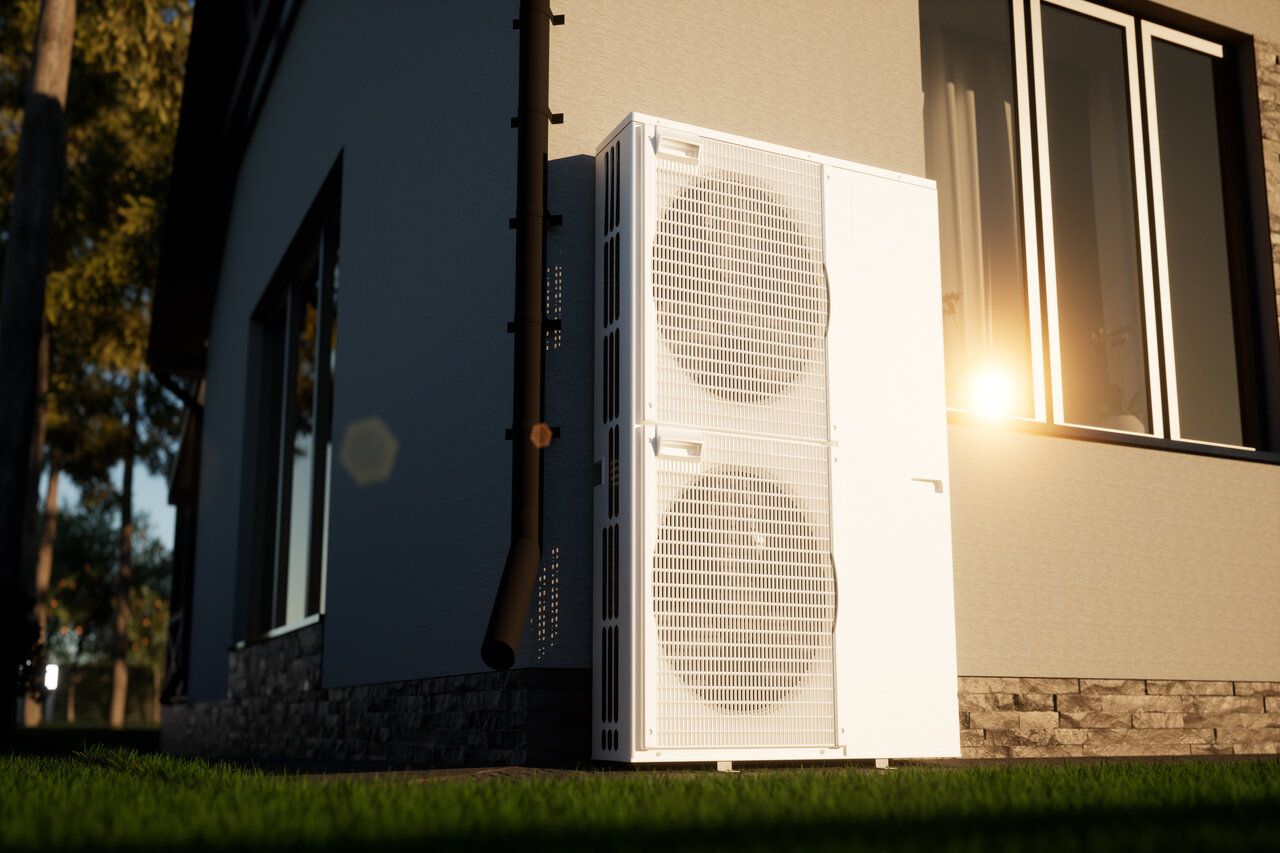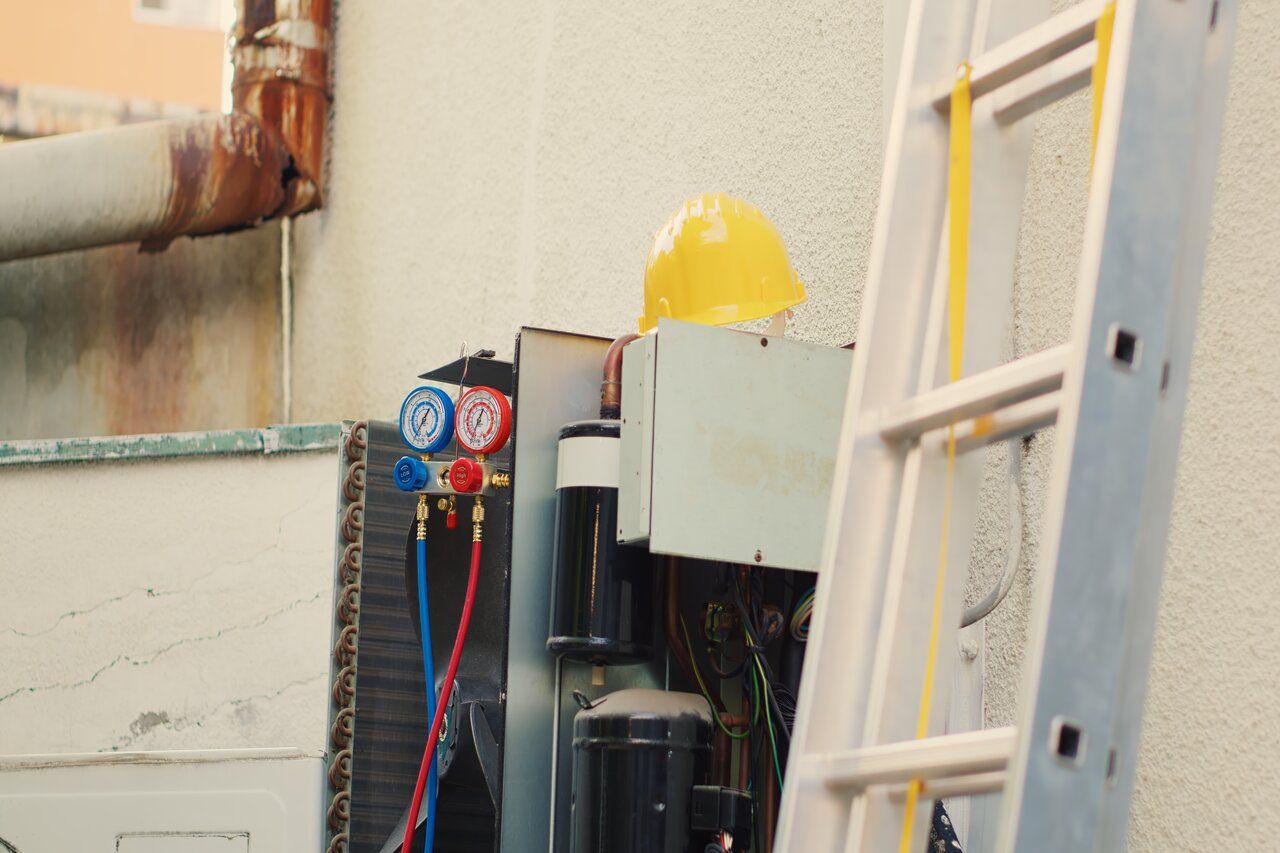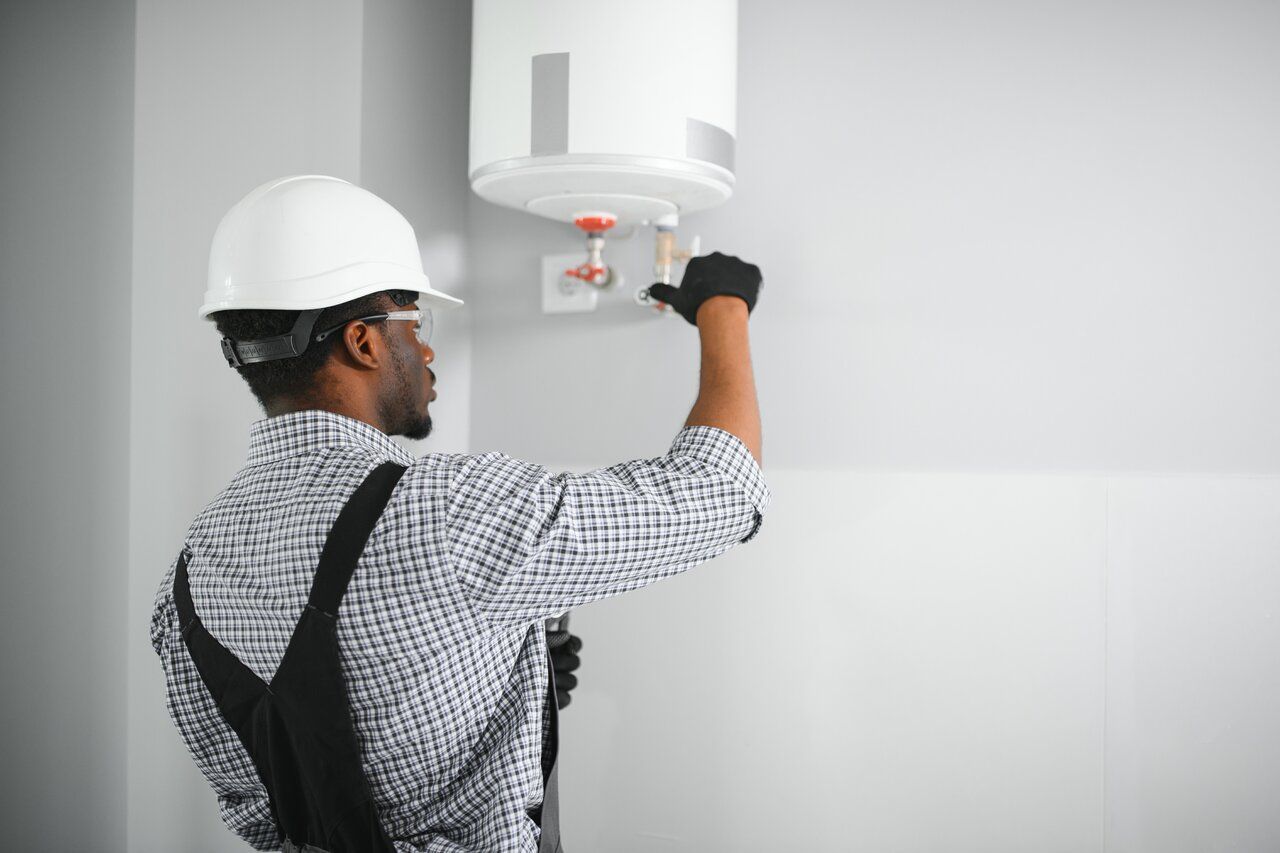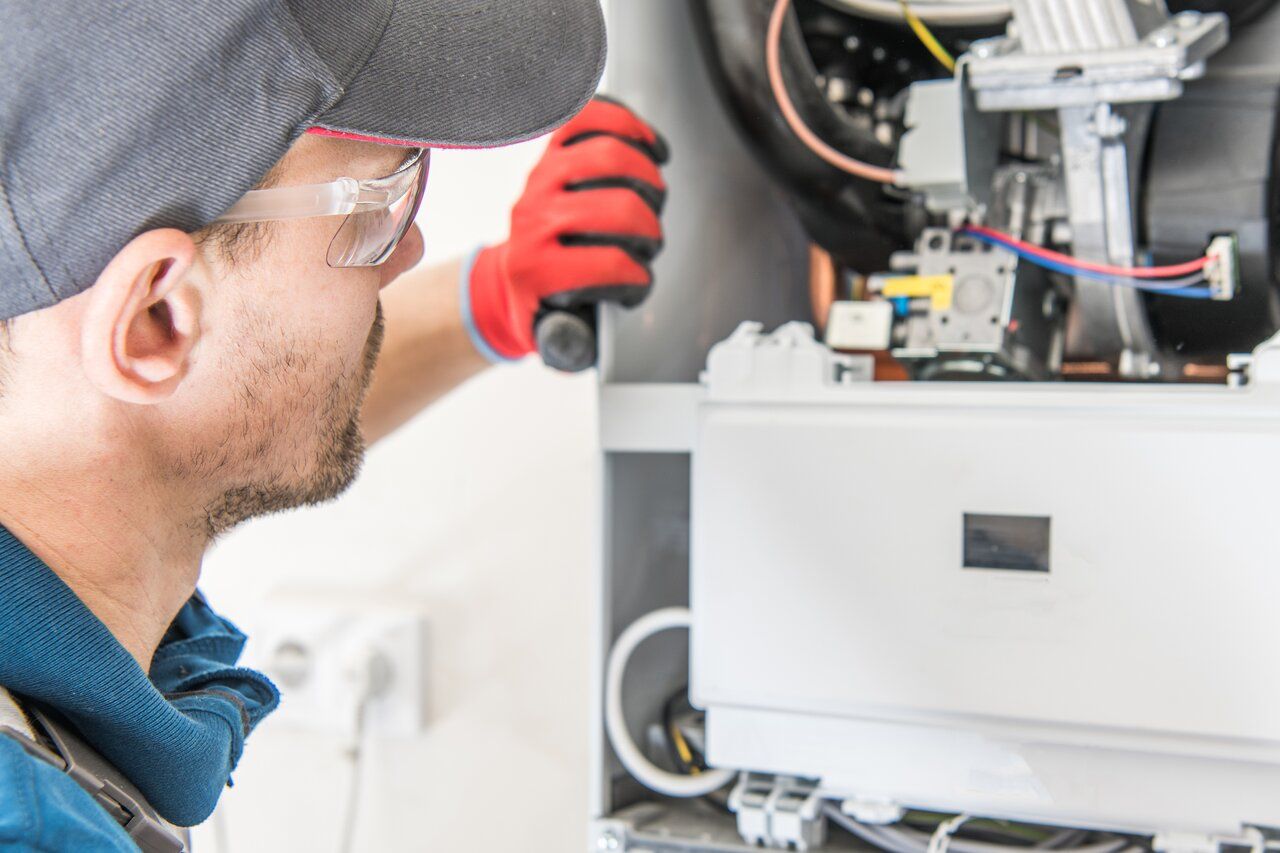
Signs It’s Time for a Heat Pump Replacement
Heat pumps are a vital part of your home’s heating and cooling system, providing comfort throughout the year. However, like any piece of equipment, they will eventually wear out and need to be replaced. Knowing the signs that indicate you need a heat pump replacement can save you from sudden breakdowns and higher energy bills.
Increased Energy Bills Without Increased Usage
A clear indicator that it’s time for a heat pump replacement is noticing a surge in your energy bills without an increase in usage. When your heat pump starts to age, its components wear out, causing the system to work harder to maintain the same level of comfort. This increased effort results in higher energy consumption, which directly impacts your utility bills.
If you’ve kept your usage habits consistent but your bills continue to climb, your heat pump’s efficiency might be declining. This inefficiency not only affects your wallet but also places unnecessary strain on your system, accelerating its deterioration.
To verify this, compare your current energy bills with those from previous years, accounting for similar weather conditions. If you notice a significant difference, it’s a strong sign your heat pump is no longer performing optimally. Consulting our professionals at this stage can provide a thorough assessment, helping you decide if heat pump replacement is necessary.
Frequent Repairs and Breakdowns
Another major sign that it’s time for a heat pump replacement is the frequency of repairs and breakdowns. If you find yourself calling our professionals repeatedly to fix various issues, it’s likely more economical to replace the system entirely.
- Recurring Issues: If the same issues keep arising despite multiple repairs, continuing to patch up an outdated system may not be the best solution. Persistent problems are a clear signal that the system is nearing the end of its lifespan.
- Increasing Repair Costs: Adding up the cost of frequent repairs can quickly become expensive. Investing in a new heat pump can often save money in the long run, providing more reliability and efficiency.
- Service Interruptions: Frequent breakdowns not only disrupt your comfort but also can be inconvenient, especially during extreme weather conditions. Replacing the heat pump ensures a more dependable system, reducing unexpected service interruptions.
Our professionals can help you evaluate the condition of your heat pump. If they find that it frequently needs repairs, it may be time to consider a replacement. Newer models come with advanced features and better energy efficiency, making them a worthwhile investment.
Reduced Heating and Cooling Efficiency
Reduced heating and cooling efficiency is a telling sign that you may need a heat pump replacement. A well-functioning heat pump should maintain consistent temperatures throughout your home, regardless of the weather outside. When it starts to struggle, your comfort is compromised, and the system works harder, leading to further inefficiencies.
If certain rooms are warmer or cooler than others, it could indicate an aging or malfunctioning heat pump. Uneven heating and cooling are signs that the system can no longer distribute air evenly.
Pay attention to how long it takes for your home to reach the desired temperature. If your heat pump is running longer than it used to, or if it cycles on and off frequently, it’s likely not operating efficiently. These issues not only affect comfort but also place undue stress on the heat pump, hastening its decline.
Consulting our technicians can help diagnose these efficiency issues. If they determine that repairs won’t address the core problems, a heat pump replacement will provide the reliability and performance you need.
Old Age and Manufacturer’s Lifespan Recommendation
The age of your heat pump is a crucial factor in determining whether it’s time for a replacement. Most heat pumps have a recommended lifespan provided by the manufacturer. As they approach or exceed this age, their efficiency decreases and repair costs increase.
- Manufacturer’s Guidelines: Refer to the manufacturer’s guidelines for your specific model. Most heat pumps last between 10 to 15 years. If your unit is within this range or older, replacement is a prudent consideration.
- Wear and Tear: Over the years, the wear and tear on essential components reduce the system’s effectiveness. Older heat pumps often lack modern features that enhance energy efficiency and performance, making them less viable compared to newer models.
- Technological Advancements: Newer heat pumps come with advanced technologies that significantly improve efficiency and reliability. Upgrading to a new unit allows you to take advantage of these improvements, providing better comfort and lower energy bills.
Recognizing the signs of aging and comparing them with the manufacturer’s lifespan recommendation can guide you in making the decision for a heat pump replacement. Staying proactive ensures your home remains comfortable, and you avoid unnecessary repair costs.
Conclusion
Recognizing when it’s time for a heat pump replacement is essential for maintaining a comfortable and efficient home environment. Increased energy bills, frequent repairs, reduced heating and cooling efficiency, and the age of your heat pump are all significant indicators. Addressing these signs promptly prevents unexpected breakdowns and ensures your system runs smoothly.
If you’re experiencing any of these issues with your heat pump, it’s wise to consult with our professionals. They can provide a thorough assessment and determine the best course of action.
Don’t let an old or inefficient heat pump compromise your home comfort. Contact One Stop Heating and Air Conditioning today to discuss your options for heat pump replacement in Cottonwood Heights, UT. Our dedicated team is here to ensure your home stays warm in the winter and cool in the summer.


